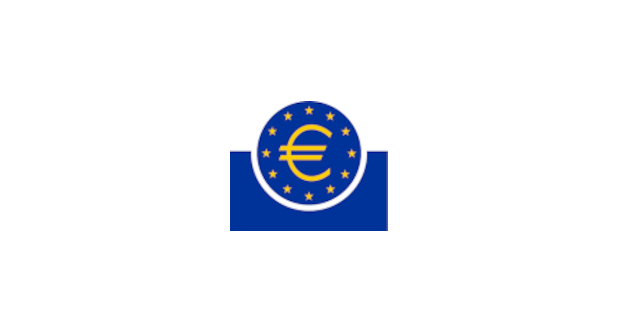The EU is set to take the next crucial step towards launching a digital version of the euro, a controversial project that has come under attack from the public, politicians and banks before it even exists, reports RTE News.
From China to the United States, Jamaica to Japan, dozens of central banks worldwide are exploring or have already put in place digital currencies as electronic payments dominate the way people spend their money and cash usage dwindles.
The move to create a digital version of the single currency began in 2020 when European Central Bank (ECB) President Christine Lagarde suggested the idea and the Frankfurt-based body launched a public consultation.
Digital euro enthusiasts say it will complement cash and ensure the ECB does not leave a gap that could be filled by private, usually non-European, players and other central banks.
Critics question the need for a digital euro and banks warn of major risks, while the ECB’s own study found the public was concerned over payment privacy.
“If we are just duplicating the existing payment infrastructure with the digital euro, that is not a good enough business case. For the time being, the digital euro seems to be a solution in search of a problem,” German MEP Markus Ferber told AFP.
The European Commission, the EU’s executive arm, will publish a proposal today that will be the legal foundation on which the ECB could launch a digital euro.
The final law must be backed by the EU’s 27 member states and the European Parliament.
The ECB is set to give the formal green light to a digital euro in October and the expectation is that it will be available from 2027 onwards.
According to a draft proposal seen by AFP, the commission noted the digital euro’s “long-term benefits… outweigh its costs” and warned “the costs of no action can potentially be very large”.
The currency would be available for individuals living in the euro area and visitors.
Ms Lagarde argued in March during a panel event that the digital currency was important for resilience and to “safeguard European payment autonomy”.
Many of the means of payments are “not necessarily European”, she noted, adding it was “very unhealthy to rely on one single source of payment”.




Recent Comments